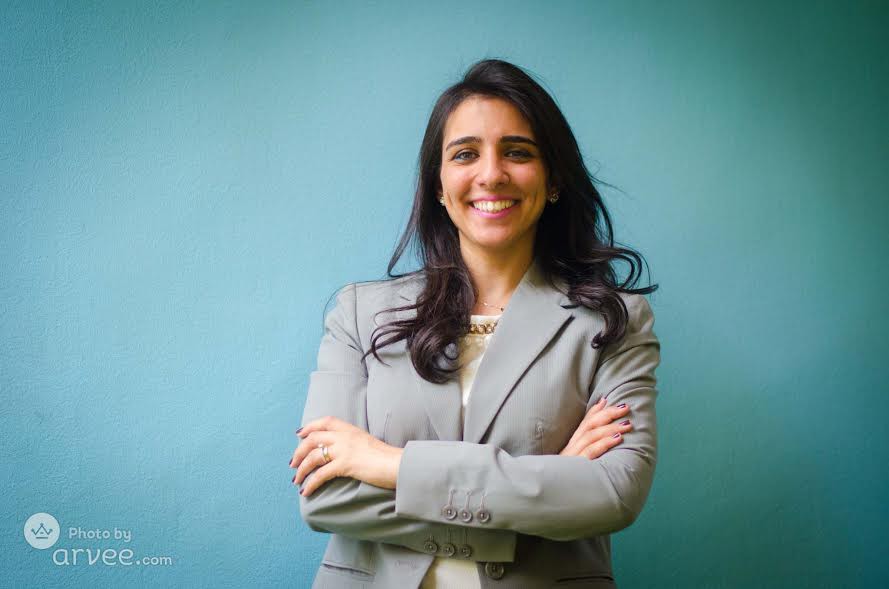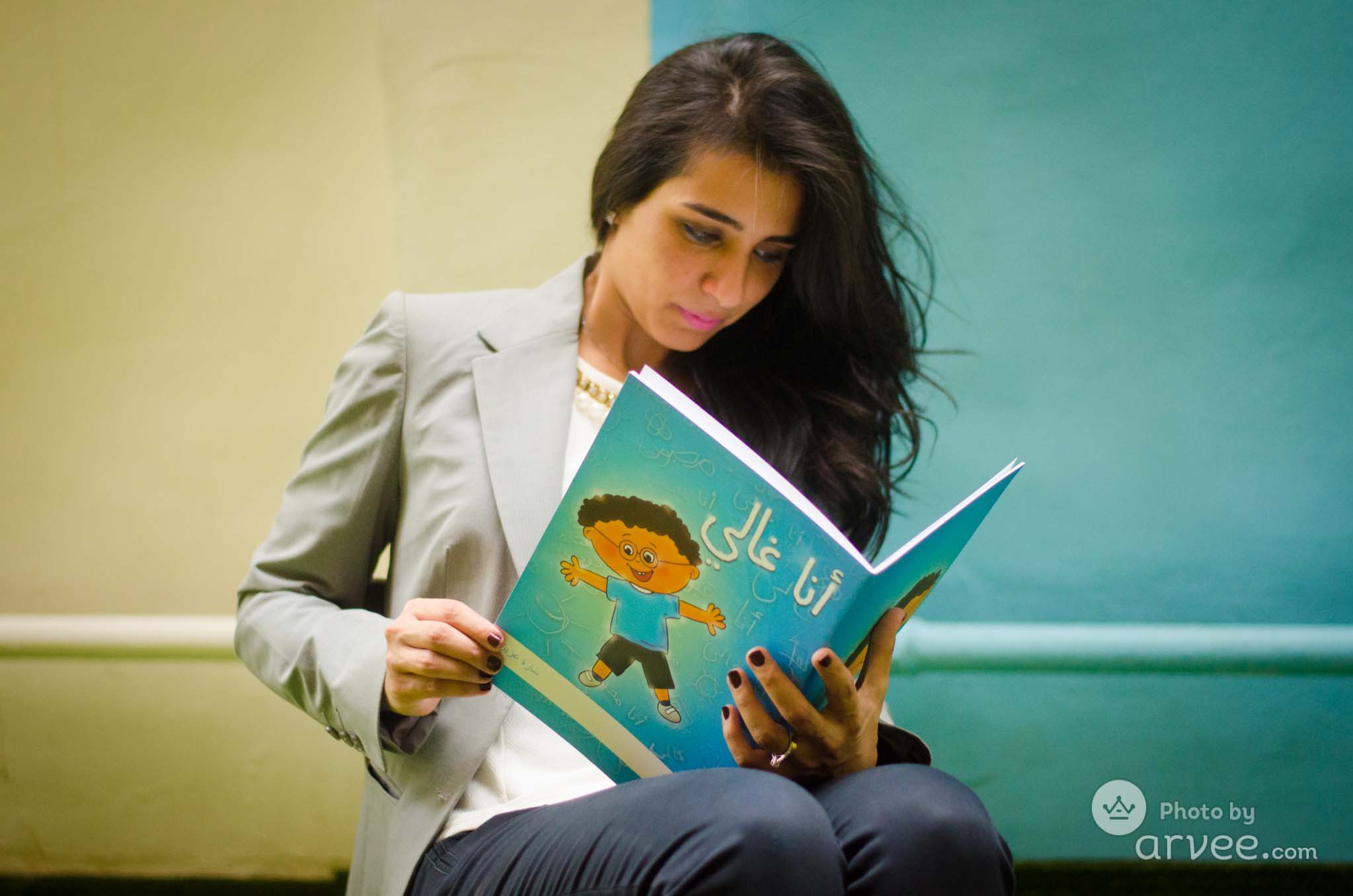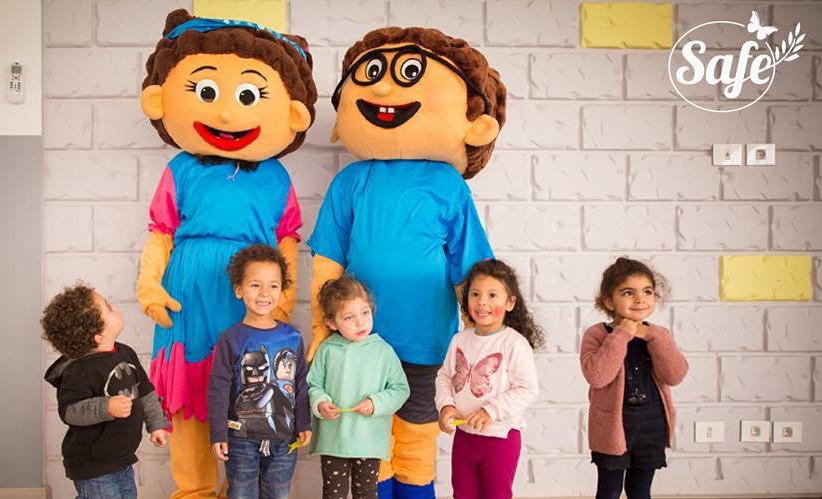When we raise our sons to be ‘tough’, we think we are giving them the tools to protect themselves from harm, but according to the founder of Safe, an organisation providing support and raising awareness about sexual violence against children, we are actually doing the opposite. We had a sit down with Sara Aziz to learn how teaching our sons the wrong messages can significantly impact their wellbeing.
From her many years of working with children, parents and the wider Egyptian community, Sara has been exposed to thousands of different abuse stories, and from this she has identified certain patterns relating to how we raise our children. “The messages that society sends our children are the opposite of what we should be teaching them in order to empower them. We tell them that they can’t say ‘this person in a bad guy,’ instead of asking their reason for saying it. That means that if something bad is happening, how can they tell us? We should give children the space to talk about silly stuff so that they can talk about the serious things like sexual abuse.”

“We take away what they need to be a human through shutting down their emotions.”
Although children of both genders are impacted, Sara believes our sons receive the brunt of it. “One of the main things we do wrong as a society is raise boys the way we do. We create a frame that they have to be men from day one; we don’t give our sons space to cry. This tells them that it is bad to feel, so they shut down any emotions, not just sadness, but disappointment and anger too.” Sara believes the impact of this on a child’s mentality is huge, “Telling them that they are better than their sisters gives them something that makes them more than another human, but at the same time, we take away what they need to be a human through shutting down their emotions. In doing this, we destroy him.” According to Sara, the consequences of this on male victims of sexual abuse are painfully clear.
“A son needs to see a role model in his father so he can take the correct path.”
“The impact of trying to build up our boys to be ‘men’, is that they usually feel more guilt than girls when they are sexually abused. For boys, the abuse hits his sexual identity so he tries to pretend it hasn’t happened in order to prove that he is still okay sexually. As if facing it makes him not man enough, so he blames himself for it,” Sara reveals.

Sara sees some of the responsibility lying with the father, “A son needs to see a role model in his father so he can take the correct path. Little boys need validation, acceptance and support to be a real man, which will not happen if they don’t see it happening with their dads.” This is something that SafeKids directly tackle, “often fathers of victims do not engage in the healing process enough, we try to bring them in and make clear to them their responsibility.”
In supporting and empowering children, Safe seeks to break down these gender-barriers. Part of their work to develop boys’ emotional maturity is talking about gender equality. “We start from an early age, 8-12 years old, and teach them that gender roles might be different but neither is better. We provide them with identity sessions to help them find their role in society.” Through this boys are able to learn to express themselves in positive and emotional ways.
“Believe the child until you discover what they are saying is not true.”
Their programmes also target parents and schools in order to create a support structure called the ‘Triangle of Hope.’ “So if the child is facing a sexual abuse and they go to their parents, then the parents go to caregivers and they will all be speaking the same language, creating a safe zone for the child.” This way the message becomes “Believe the child until you discover what they are saying is not true.”
Although Sara sees that some progress has been made in how society deals with issues of sexual violence, it is clear that we still have a long way to go and the place to start is changing how we raise our sons.
Find out more about Safe here.

